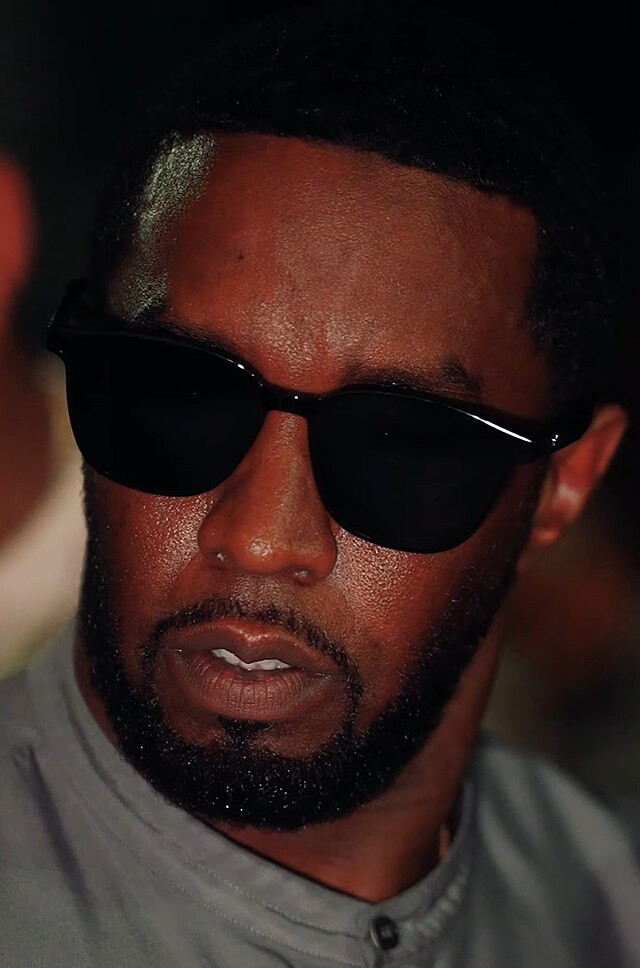Sean "Diddy" Combs' defense team made another plea for bail on Friday, proposing home confinement in his three-bedroom Upper East Side apartment under what they described as "far more restrictive" conditions than his current detention at the Brooklyn Metropolitan Detention Center (MDC). The latest bail proposal, which includes a $50 million bond, was presented to U.S. District Judge Arun Subramanian, who deferred his decision until next week. This marks Combs' fourth bail attempt since his September arrest on charges of sex trafficking, racketeering, and other offenses.
Diddy's attorneys outlined strict measures for home detention, including 24/7 surveillance by an independent security firm, restricted communication to only his legal team, no internet or phone access beyond attorney interactions, and pre-approved, monitored visits with select family members. "There's nothing he'll be able to do to tamper with witnesses," argued Marc Agnifilo, one of Combs' attorneys, who assured the court there was "0% chance" of the defendant engaging in violence while on bail.
Prosecutors pushed back, citing Combs' alleged history of disregarding rules and posing a danger to others. They argued that his communications from jail violated existing restrictions, showing he "cannot be trusted" to follow court-mandated conditions. "This comes down to the defendant trying to pay his way out of custody," prosecutors asserted, pointing to his ability to orchestrate unauthorized communication despite detention. They also highlighted footage of Combs physically assaulting his ex-girlfriend Cassandra "Cassie" Ventura in 2016, labeling him a violent individual.
The judge previously rejected a proposal for Combs to be confined to his Miami mansion due to its waterfront access, prompting the defense to suggest his Manhattan apartment as an alternative. Federal prosecutors remained unconvinced, reiterating their concerns about witness tampering and his potential influence on jurors. They noted that Combs only needs to sway "one juror" to disrupt the legal process.
Comparisons were drawn in court between Combs' case and that of Michael Jeffries, the former Abercrombie & Fitch CEO, who was granted $10 million bail despite facing similar sex trafficking charges. Judge Subramanian questioned why Jeffries was allowed bail while Combs was not. Prosecutors responded that the cases differ significantly, emphasizing that Combs' charges include additional allegations of racketeering, firearms violations, and persistent patterns of coercion, making his situation more akin to high-profile cases like those of R. Kelly and NXIVM leader Keith Raniere, both of whom were denied bail.
The legal team for Combs also contested the credibility of the 2016 hotel surveillance footage used as evidence. Prosecutors confirmed they relied on the CNN-aired version of the video to prevent retaliation against the source. Combs' attorneys countered by describing the footage as an incomplete portrayal of what they called a "toxic, loving 11-year relationship" that involved mutual regret and violence initiated by both parties.
Combs, 55, has pleaded not guilty to the charges, which allege a sprawling enterprise of criminal activity spanning from 2008 to 2024. According to court documents, his alleged crimes include sex trafficking, kidnapping, forced labor, and arson. Prosecutors painted a picture of a long-standing pattern of coercion and exploitation within his operations, often involving female victims who were lured under false pretenses and subjected to threats, violence, and drugs.
The trial is scheduled for May 2025, leaving the judge to weigh whether the proposed bail conditions sufficiently mitigate the risks associated with Combs' release.






